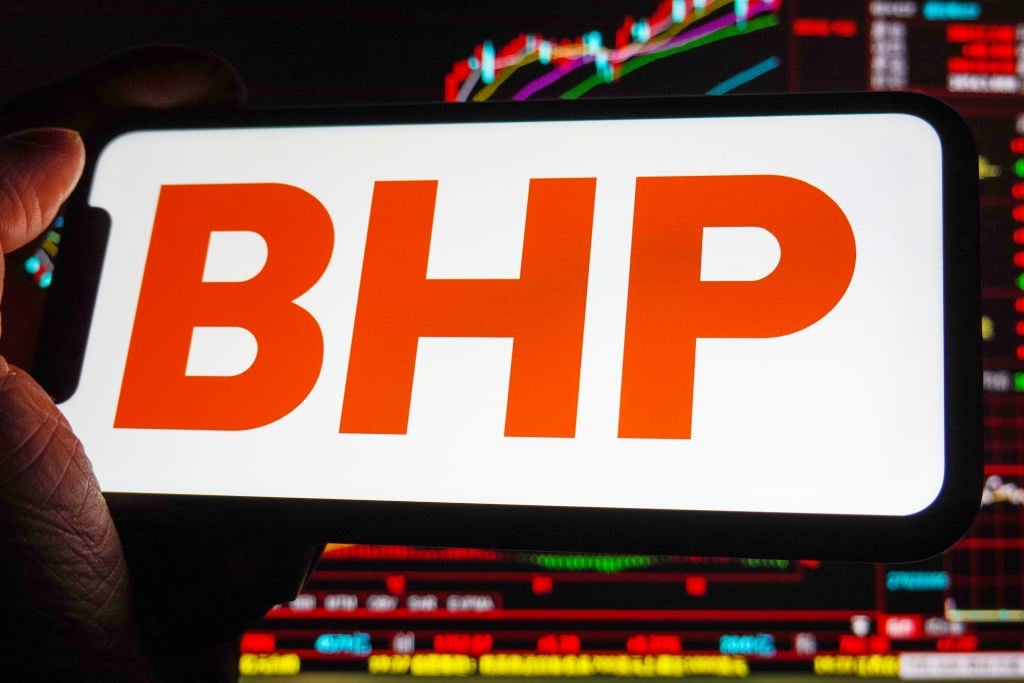
BHP Group won’t make a firm offer for Anglo American before Wednesday’s deadline, walking away for now from what would have been the biggest mining deal in over a decade.
With less than one hour before a 18:00 (SA time) cutoff, BHP confirmed it had not been able to reach an agreement to secure the backing of Anglo’s board and so will not proceed. BHP must now walk away for at least six months as a result.
The decision marks an abrupt end to the five-week battle between two of mining’s biggest names. Anglo has repeatedly rebuffed proposals from BHP to partly break up and then acquire the 107-year-old company, but last week agreed to extend the deadline by a week to hold talks. The two sides were unable to agree on BHP’s complicated R900 billion deal structure and Anglo said earlier Wednesday it saw no reason for another delay despite a last-minute appeal from BHP.
A successful takeover would have created a commodities powerhouse that towered over its closest rivals, significantly increasing BHP’s copper production at a time when miners and their investors are positioning for a prolonged period of tight metal supply and rising prices.
BHP’s decision to walk away instead of sweetening or changing its bid also reflects a new reality for the mining industry: the biggest producers have finally returned to dealmaking after years on the sidelines, but boards and managements are wary of angering investors after spending the past decade rebuilding their company’s reputations following a series of disastrous and expensive takeovers.
The pressure is now on Chief Executive Officer Duncan Wanblad to show that Anglo can generate more value for shareholders as a standalone company, after unveiling a radical plan to overhaul the business earlier this month. Analysts and investors have also suggested that BHP or another rival could still target Anglo in the future, particularly if the company succeeds in exiting some of its less attractive businesses.
Anglo’s shares traded 4% lower after BHP’s statement but remain well above the levels before Bloomberg first reported the takeover interest. Prices for key commodities including copper and iron ore have rallied over the same period.
BHP first approached Anglo with a proposal in mid-April for the smaller company to spin off its majority stakes in two listed South African miners before an all-share acquisition of the rest of the group. Anglo rejected the offer and instead rushed out a plan to overhaul its business by exiting diamonds, platinum and coal, while slowing spending on a massive UK fertilizer project.
Anglo has long been viewed as a potential target because of its lucrative copper mines, but its complicated structure and unusual mix of niche commodities have largely kept suitors away. A series of setbacks sent its share price plunging late last year, leaving the company vulnerable to BHP and its CEO Mike Henry, who has been seeking a big deal to grow in copper.
But while BHP has twice increased the number of shares it was willing to pay for Anglo, Henry has held firm in insisting on the spinoffs and refrained from adding a cash element to the deal.
In Wednesday’s statement, Henry reiterated that BHP “maintains a disciplined approach to mergers and acquisitions.”
Bloomberg reported last week the sides were closer on value after BHP’s second increase, but the structure remained a key sticking point and the companies and their advisors have been unable to find a solution.
Anglo’s objections to BHP’s proposal have centered on South Africa, which has loomed front and center of a potential deal ever since Bloomberg first reported the takeover approach. It is home to some of Anglo’s biggest operations, employing tens of thousands of people, and the company has deep political and social ties to the country.
Anglo was concerned that BHP’s demand that it first exit Anglo American Platinum Ltd. and Kumba Iron Ore Ltd. could leave the newly independent Johannesburg-listed companies to carry the cost of any concessions imposed by South Africa, reducing their value and ultimately penalizing the current Anglo investors who would receive the shares in the spinoffs. The multistep deal would require several layers of approval in South Africa, where deals are subjected to “public interest” assessment and authorities have a record of extracting substantial concessions from companies.
The two sides appeared to talk past each other on Wednesday, as BHP emphasized the commitments it has made to ensure regulatory approval in South Africa, while Anglo repeated its concerns that the approvals may result in a loss of value for its shareholders depending on the conditions imposed by authorities.
BHP argued that Anglo should extend the deadline for a second time and offered to discuss a break-up fee if the deal didn’t receive regulatory approvals, but the smaller company’s board said it didn’t see any reason to do so given the continued gulf between their two positions.





Recent Comments